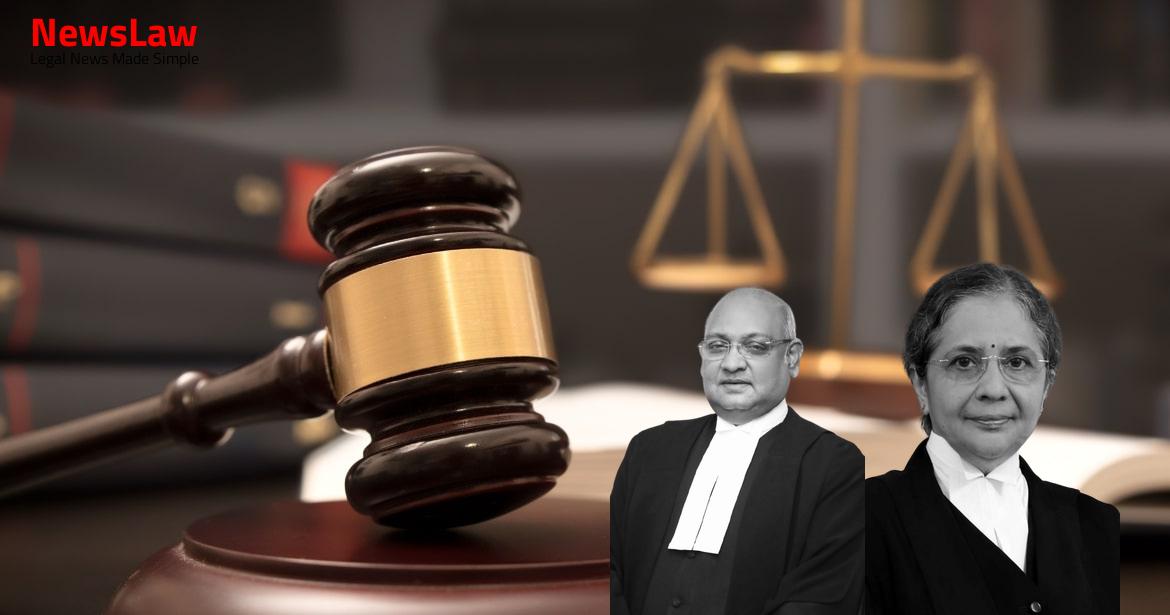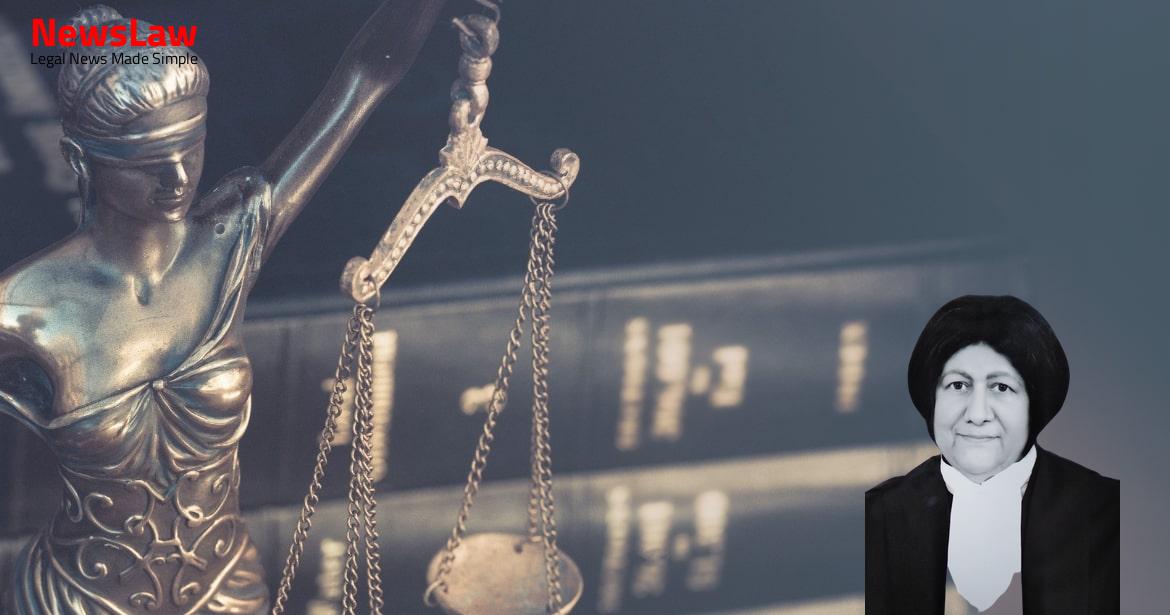In a landmark judgment by the Supreme Court of India, the sentencing dilemma in the case of attempted murder conviction has been addressed. The decision has monumental implications for individuals convicted under Section 307, IPC. The court’s ruling will have a significant impact on the sentencing of offenders in cases similar to that of the appellants in this matter.
Facts
- The appellants were concurrently convicted under Section 307 read with Section 34 of the Indian Penal Code, 1860
- They were sentenced to undergo rigorous imprisonment for 14 years each
- A fine of Rs.1,50,000/- was imposed on each appellant, with a default punishment of simple imprisonment for six months in case of non-payment
- Special Leave Petition not entertained for challenging the conviction under Section 307, IPC, with Section 34, IPC.
- Limited notice issued specifically for challenging the 14 years of rigorous imprisonment imposed.
- Overwhelming and conclusive evidence supported the conviction of the appellants.
- The Court looked into the arguments of the appellants’ counsel before making the decision.
Also Read: Landmark Supreme Court Judgment on Delayed Possession of Flats
Arguments
- The question of whether a convict under Section 307, IPC, can be sentenced to imprisonment beyond ten years is a matter of crucial importance.
- This issue is raised in the context of the present case.
- The arguments put forth by learned counsel for the appellants and the respondent-State highlight the significance of this question.
- The court will need to consider the legal provisions and precedents to determine the appropriate sentence for the convict.
- The decision on this matter will have implications for the sentencing of individuals convicted under Section 307, IPC.
Also Read: Enhancement of Sentence in the Case of Bigamy: Appellant vs. Accused Nos. 1 and 2
Analysis
- Section 307, IPC does not prescribe punishment exceeding that in the first part of the section.
- Imposition of sentence must not surpass the punishment mentioned in the first part if life imprisonment is not awarded.
- Consideration of bodily injury and aftermath influenced the decision of imprisonment period by the trial court.
- Imposition of sentencing less than life imprisonment is within the court’s penal power for attempt to murder with hurt.
- Mens rea followed by actus reus constitutes the offence under Section 307, IPC.
- Conviction under Section 307 does not mandate bodily injury to the victim.
- Imprisonment for life can be imposed if the victim suffers hurt under Section 307, IPC.
- Maximum imprisonment under the first part of Section 307, IPC is up to 10 years and fine.
- The scope of the appeal is limited to the sentencing issue.
- Details of the incident leading to the conviction under Section 307, IPC are provided through PW-5’s testimony.
- The victim was paralysed due to a spinal injury caused by the appellants.
- The trial court could not award imprisonment exceeding 10 years due to the decision against life imprisonment.
- Section 307, IPC embodies the principle of ‘culpae poena per esto’ – let the punishment fit the crime.
- Three types of sentences are prescribed under Section 307 for a convict.
- For attempt to murder simpliciter, the maximum punishment is imprisonment up to ten years and fine.
- If the offender, under a life sentence, causes hurt during the crime, death sentence is the only punishment.
- The offence is committed when an act with intention or knowledge would have amounted to murder or caused death in the usual course of events, but was prevented by something beyond the offender’s control.
- Imposition of rigorous imprisonment for a term of 14 years for a conviction under Section 307, IPC, is impermissible in law.
- The judgment of the High Court confirming the sentence of rigorous imprisonment for 14 years is liable to be interfered with.
- The possibility of enhancing the punishment to imprisonment for life was not considered as the State did not appeal for it.
- The conviction under Section 307, IPC, remains upheld, leading to the necessity of imposing a suitable punishment considering the seriousness of the crime.
- Instead of enhancing the sentence to life imprisonment, the term of imprisonment needs to be reduced from 14 years.
- Given the above conclusion, there is no need to hear the appellants in person.
Also Read: Judgment on Custodial Death Case: Implications for Criminal Conspiracy
Decision
- The appellants attempted to take away the life of the complainant, resulting in spine injury and paralysis.
- As per Section 307 IPC, the appellants are to be given the maximum corporeal sentence.
- The sentence of rigorous imprisonment for 14 years each is reduced to 10 years for the appellants.
- The order of sentence with respect to fine remains unchanged.
- The appeal is partially allowed, modifying the judgments of the High Court and trial Court.
Case Title: AMIT RANA @ KOKA Vs. THE STATE OF HARYANA (2024 INSC 543)
Case Number: Crl.A. No.-000700-000700 – 2024



